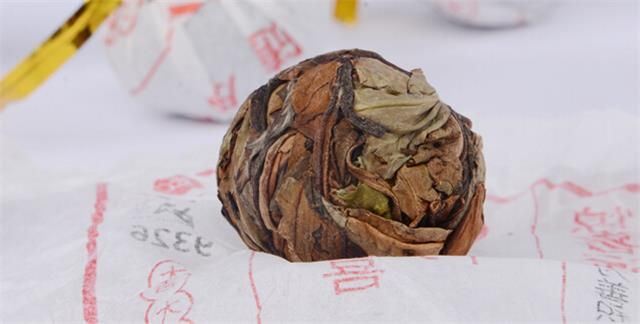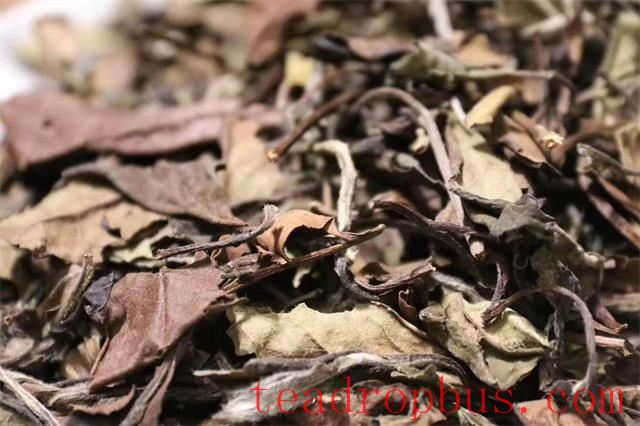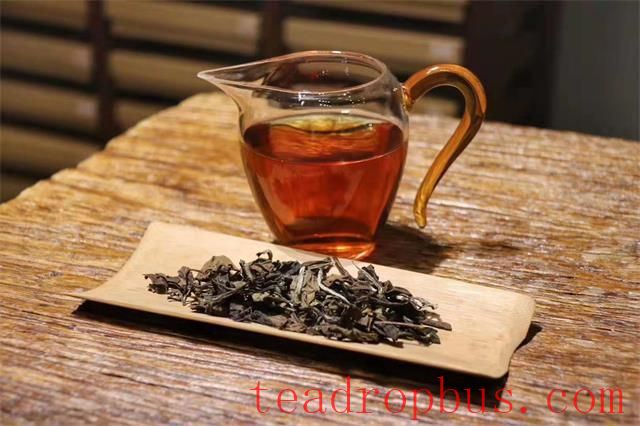As the weather gets colder, everyone can feel the chill. During winter, a season when illnesses are common, Drinking Tea can help prevent various winter-related diseases and promote health.
Drinking tea in winter can relieve fatigue, kill bacteria, reduce inflammation, and promote urination. White Tea is also the most suitable type of tea to drink during winter.

So why should you drink more white tea in winter?
01. White tea can prevent colds
The cold winter weather makes it easy to catch a cold if you're not careful, but white tea can help prevent this.
White tea has strong antibacterial properties. Rinsing your mouth with white tea can filter out viruses and prevent colds, as well as cavities and food poisoning. It can also lower blood sugar levels and high blood pressure.
Given its sweet and warm nature and rich protein and sugar content, white tea can enhance the body's resistance. Rinsing your mouth or drinking white tea regularly can help prevent the flu.

02. White tea can warm the body and fight the cold
In the severe cold of winter, the body's yang energy weakens, and there is a higher demand for energy and nutrition. brewing a cup of warm aged white tea not only warms the body but also helps prevent illness.
Given its sweet and warm nature, white tea can nourish yang energy, making it perfect for the season.
03. White tea aids digestion
White tea can help remove oiliness and aid in digestive processes, stimulating appetite and strengthening heart function.
For many office workers who often eat takeout and have oily diets, drinking white tea can help reduce oiliness and improve digestion, alleviating bloating and nausea.

04. White tea can help lose weight
When the cold weather sets in, people tend to eat more to store energy, leading to concerns about weight gain. Drinking white tea in winter can also help with weight loss.
White tea can significantly inhibit the activity of enzymes that synthesize fat, promoting the breakdown and metabolism of fat in the body, which can lead to weight loss.
Winter is a great time for health care, and drinking tea is beneficial for health. Drinking aged white tea is particularly appropriate, as aged white teas over three to five years old become less cool and more balanced, warming the body and promoting saliva production.
Aged white tea, after years of aging, contains abundant nutrients like vitamins, tea polyphenols, and amino acids, which are among the richest in all types of tea. It has effects such as cooling the body, relieving summer heat, and detoxifying.
Boiling white tea in winter
Given its sweet and warm nature and rich protein and sugar content, aged white tea can nourish the body's yang energy and enhance the body's resistance. Boil a pot of aged white tea and savor it slowly. Not only will it warm your body, but it can also help prevent illness.
When boiling tea, compressed teas are preferred because their compressed form better retains aroma and flavor, resulting in a more flavorful brew.
Lower-grade white teas, such as Shoumei and Gongmei, which have older leaves and more stems, are more durable and release flavors more easily when boiled, so they are recommended for boiling. If aged, such as aged Shoumei, even better! For higher-grade white teas, such as Silver Needle and Bai Mudan, it's recommended to age them for at least three years before boiling for a richer taste. New teas without any aging process lack smoothness when boiled and do not have aged aromas, so they are not recommended for boiling.
Three tips for boiling white tea
Steep before boiling
Aged white tea has abundant inner quality and is very durable. You can first steep aged white tea in a covered bowl and then boil it.
This allows for maximum utilization of the rich substances in white tea, producing a full-bodied and layered broth.
Boil water before adding tea
Runpu reminds you to avoid directly adding white tea to cold water and boiling it together. When aged white tea is steeped, substances start to be released. If added to cold water and then steeped and boiled, these substances may become concentrated and oxidized. Therefore, once the water in the boiling vessel is boiling, add the steeped aged white tea.
Adjust temperature
The easiest issue to encounter when boiling tea is boiling over. So pay attention to adjusting the temperature when boiling tea.
After adding the tea, slightly lower the temperature and boil the tea over low or medium-low heat, which helps fully extract the substances.